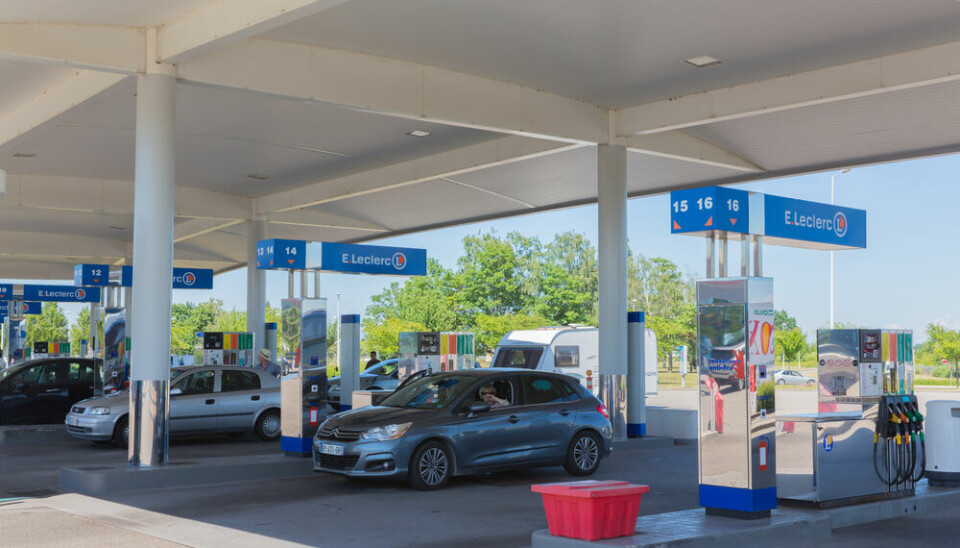Cars damaged from water in service station fuel in south-west France
One driver received a €3,500 repair bill after filling up on €73-worth of diesel
The diesel at three E. Leclerc fuel stations near Bordeaux contained water, it has emerged (photo for illustration only; the petrol station shown was not affected)
Copyright (c) 2015 2p2play/Shutterstock. No use without permission.
Hundreds of drivers in south-west France have reported damage to their vehicles - including broken engines and fuel tanks containing water - after refuelling at E. Leclerc petrol stations.
The affected stations were Leclerc Sainte-Eulalie, Talence, and Ambarès-et-Lagrave, near Bordeaux (Gironde). The diesel at these stations appears to have been contaminated with water.
One driver said that he filled his car with diesel from the Saint-Eulalie station on March 28, and the next day, his vehicle would not start.
“My car had no power at all. I took it to the garage, and there, to my surprise, he told me there was 30% water in the diesel. The injection pump and injectors were shot,” he told local newspaper Sud Ouest.
It cost €3,500 to repair; a high price for what should have been a €73 tank of diesel.
Another driver said that their car broke down just a few metres away from the petrol station, and cost €500 to fix. This prompted them to set up a Facebook group called ‘Panne Leclerc Bbj Essence’, and they quickly received 30 messages saying that other drivers had experienced similar problems at the same stations.
One message read: “I'm in the same boat as you. My mechanic confirmed that my tank had water in it.”
An employee at one of the service stations said that they had received “numerous reports" of similar issues over the past few days, and later confirmed that “the diesel at the Sainte-Eulalie and Ambarès service stations contains a large quantity of water”.
When contacted by newspaper Capital, E. Leclerc said that it had been in contact with customers who have reported problems, and was “carefully examining the situation". It has ordered in-depth analyses in a bid to “understand the problems encountered” and how they happened, it said.
The stations are no longer selling the affected fuel.





























